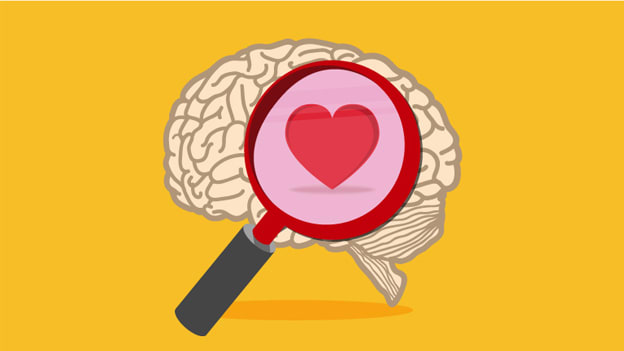Why evaluate emotional intelligence at the workplace

Emotions have often been overlooked within the work environment. However, nowadays, they are well recognized as key elements that influence our behavior, our decisions, our well-being, and our performance at work. Everyone experiences emotions, but we are identified by our ability to pinpoint and manage them efficiently, an ability known as emotional intelligence.
Daniel Goleman, an American psychologist who popularized emotional intelligence in the workplace, claims that 67% of the essential skills required to perform well at work are related to emotional intelligence.
The studies conducted by Goleman in more than 500 organizations prove that self-confidence, self-awareness, self-control and integrity not only guarantee employee success, but also the companies.
Emotions – our well-being and performance asset
Etymologically, emotion means “move out” (Latin: ex-more). An emotion is, therefore, an impulse which reacts as a response to stimuli and provides us with essential information about ourselves and others.
Whether they are positive or negative, emotions affect our engagement, our well-being, and the quality of our relationships as well as our professional capability.
Positive emotions related to job satisfaction can be an additional motivating factor, which if well-used, are likely to maximize an employee's engagement and performance.
A manager with low emotional intelligence who does not know how to manage their anger and reacts impulsively can have a detrimental impact on teamwork and the motivation of their employees.
On the contrary, a manager with good emotional intelligence will be able to arouse enthusiasm among the team. For example, their encouraging words and their ability to listen to others will offer employees the opportunity to be more creative and come up with some new solutions to promote the company's products.
On the other hand, if our emotions are universal then emotional intelligence can be expressed in different ways, varying from one person to another. It is precisely this expression of emotions which must be understood and managed in order to adapt behavior according to the situation.
Above all, it is essential to learn how to recognize one's emotions, know when to listen and when to express them in a suitable way in order to make the most of them.
Developing emotional intelligence consequently enables us to use our emotions as a GPS which guides us in the right direction and helps us to avoid any bumps in the road to success!
Evaluate your emotional intelligence with psychometric assessment: EMOTION!











